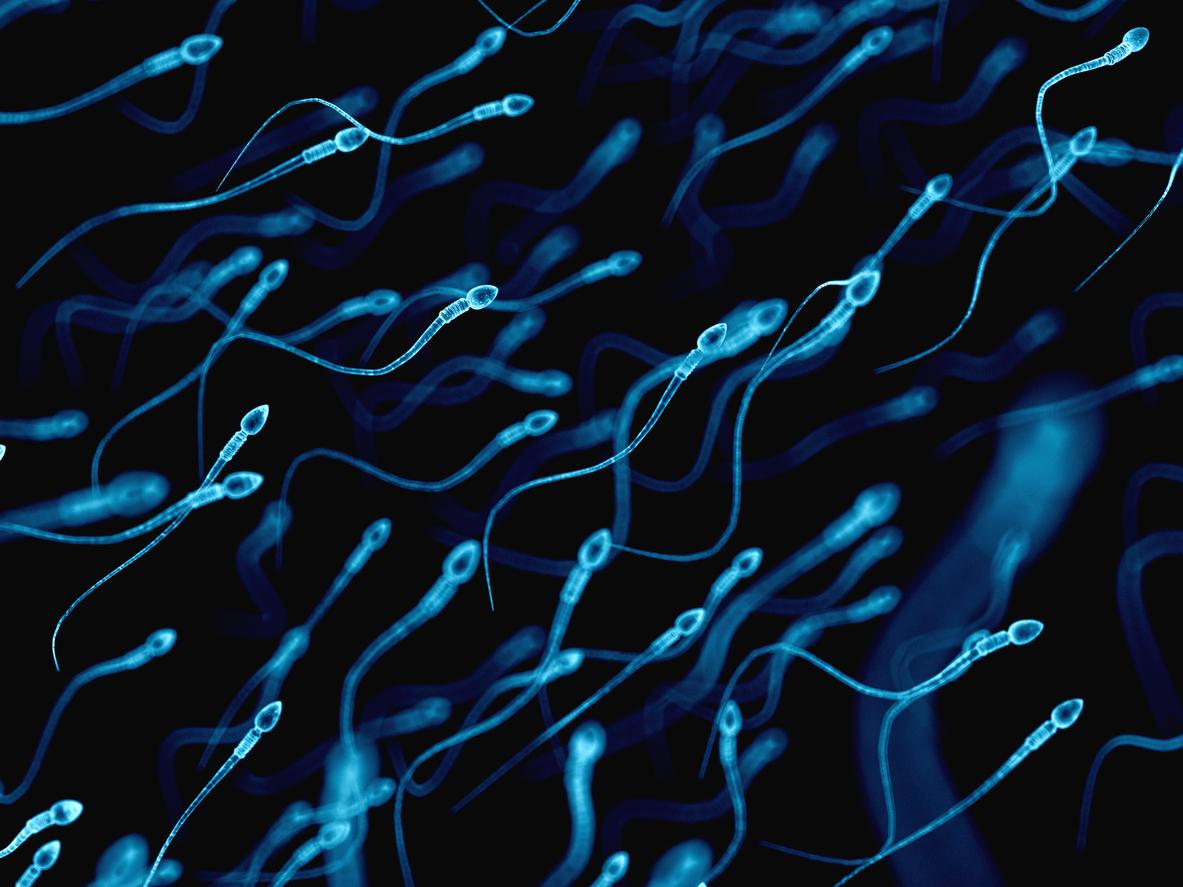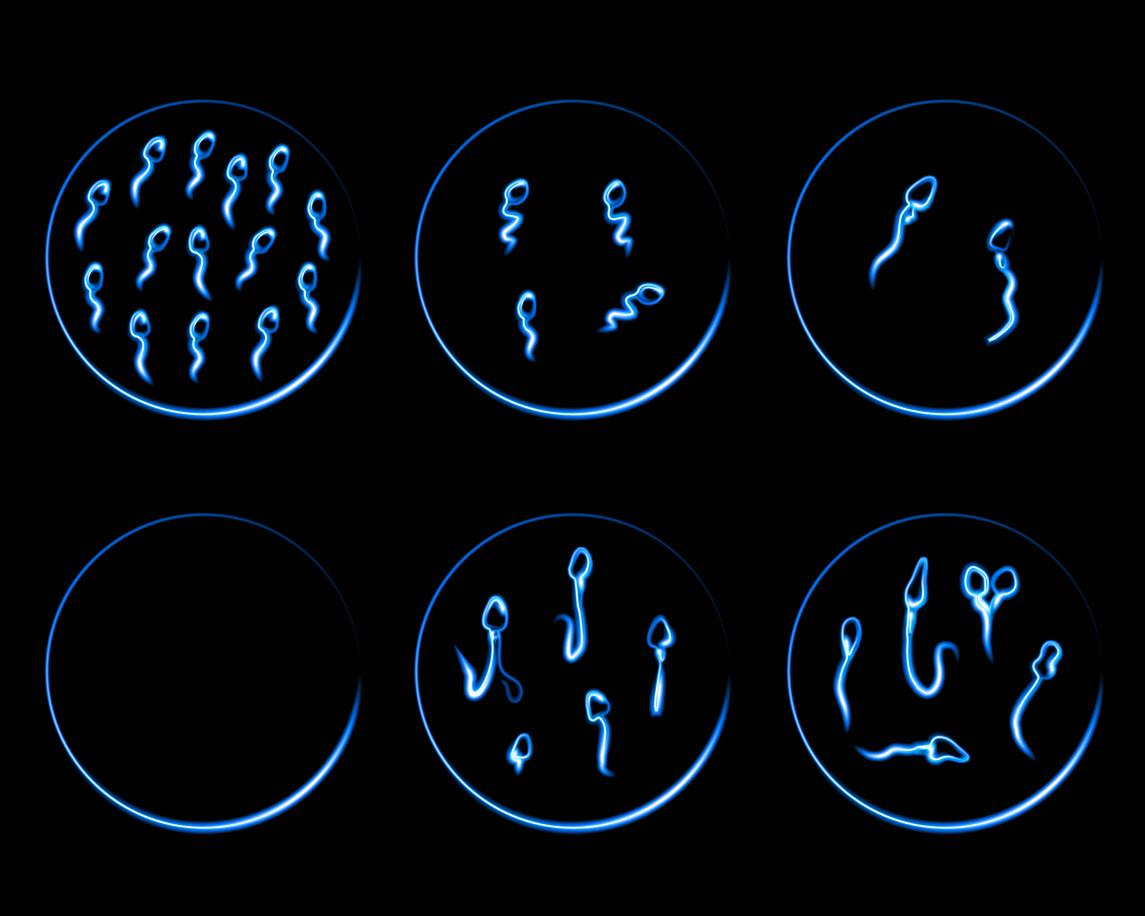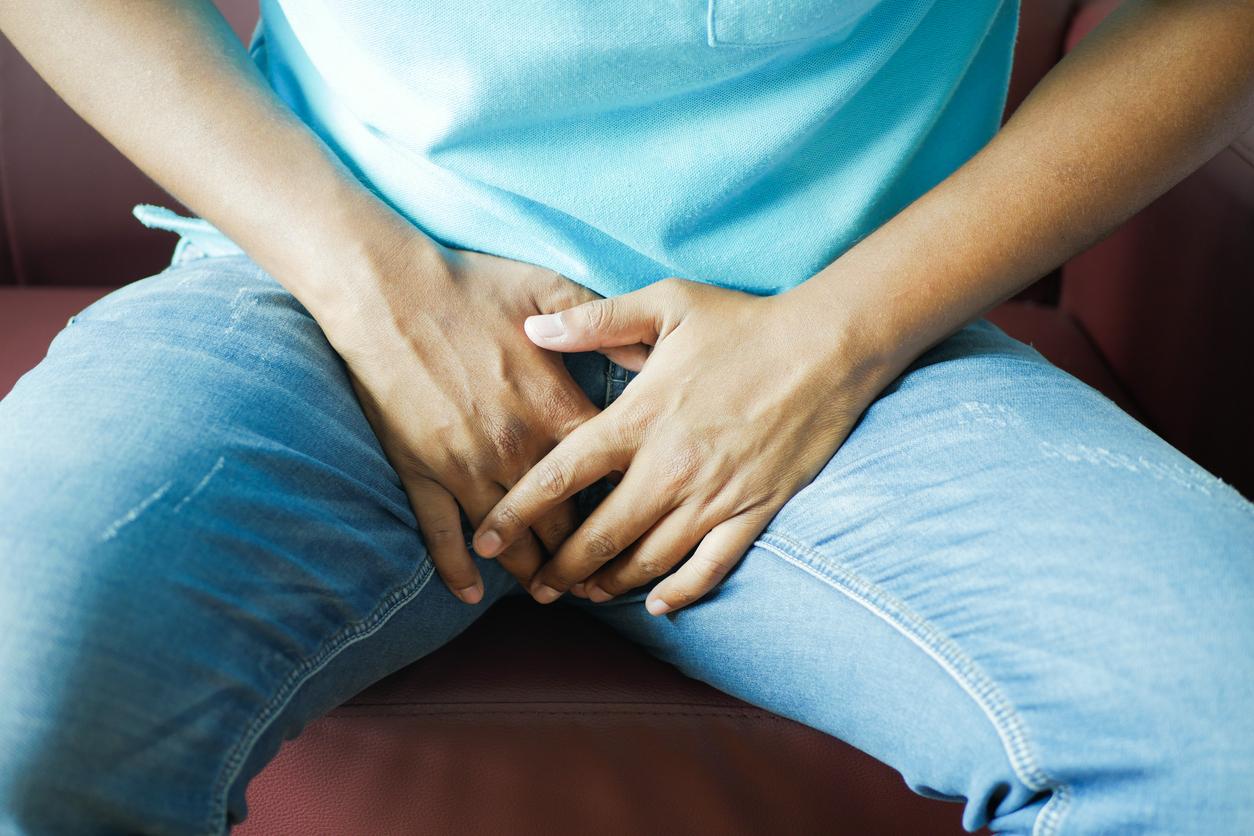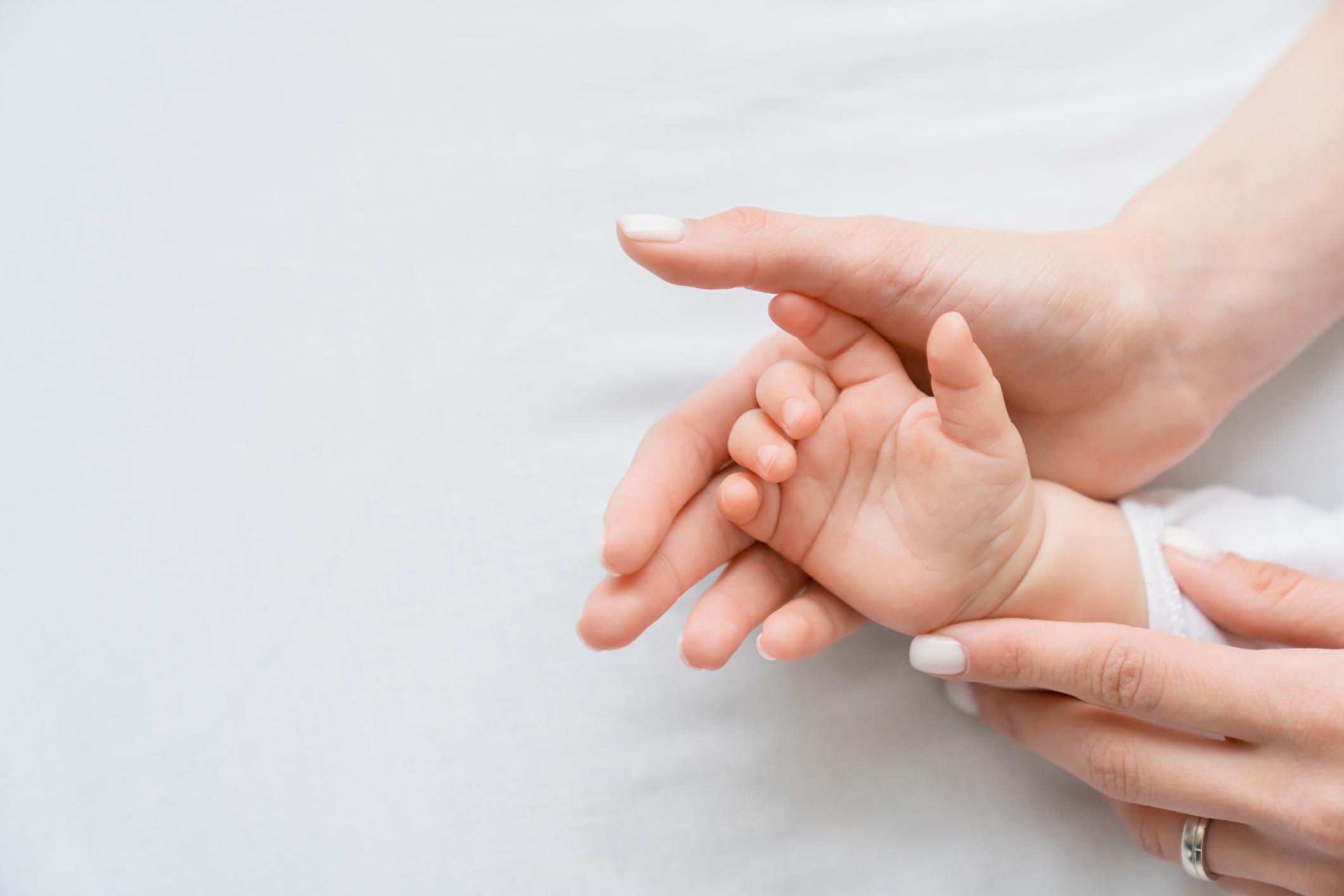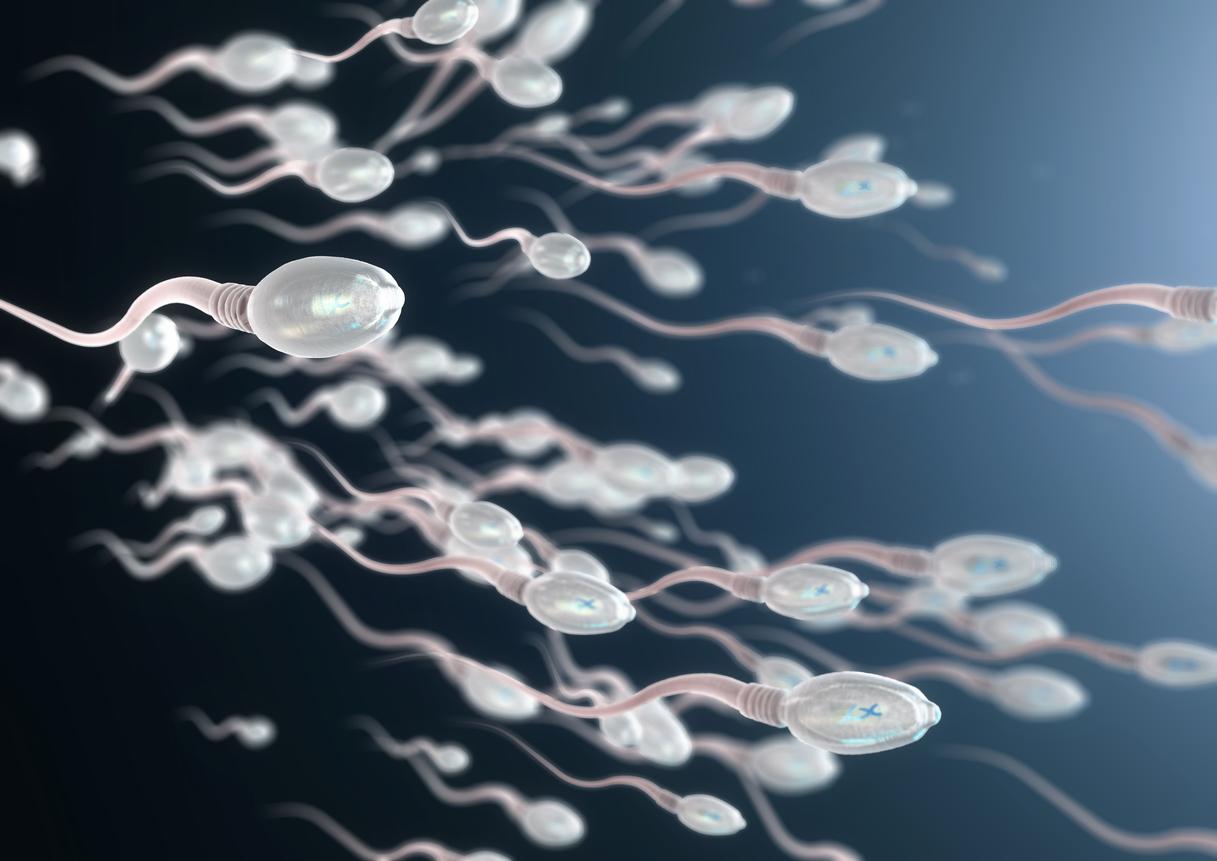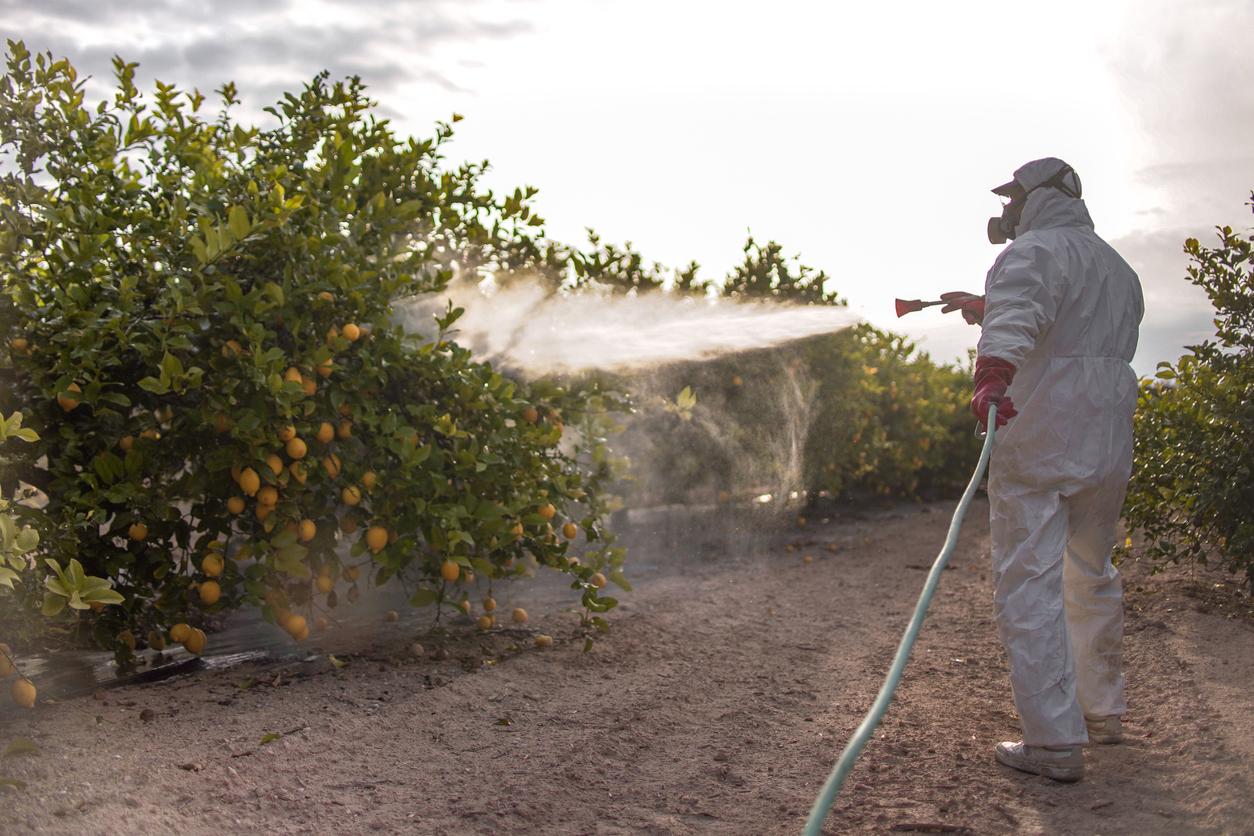A Spanish woman has brought before the Council of State her request to be able to be inseminated by the sperm, kept in the Cecos of a Parisian hospital, of her husband who died a year ago.

Between law and personal convictions, the “litigation assembly” of the Council of State will have to decide on an extraordinary situation. Mariana Gonzalez, a Spanish woman, grabbed him, hoping that he would allow her to collect the sperm samples from her late Italian husband, in order to perform artificial insemination.
They are kept at the Center for the Study and Conservation of Eggs and Sperm (Cecos) at Tenon Hospital in Paris. A request already refused by the administrative court, but which it hopes to see approved by this exceptional training which deals with “cases of remarkable importance”.
Because in principle, medically assisted procreation (PMA) post mortem is prohibited in France. The situation of the young woman is however very particular. In Spain, it is indeed authorized. Mariana Gonzalez argues that this child would be born to a Spanish mother and an Italian father, on Spanish soil, and that the procedure could be performed in a clinic in Malaga.
A father’s wish in writing
Simhon, Ms. Gonzalez’s lawyer, argues that the unborn child would ultimately have nothing to do with France, and that it would not constitute an infringement of French law as it is drafted.
The complainant’s husband, Nicola Turri, died on July 9 of lymphoma at the age of 30. He had frozen his sperm in 2013 with Cecos, before starting a treatment that could make him sterile. As long as his physical condition permitted, he also made a will in which he explicitly described his intention to have a child, even after his death.
“Before I can no longer write, I want to give you some indications on the only thing that matters today in my life and the instability of my future, the chaff (the frozen sperm: editor’s note), he wrote at the time. I would like Mariana to be able to use it as she wishes. “
Time is counted
The export of gametes to another country is in principle authorized, if the use made of it is not contrary to French law. Unfortunately, it is no longer possible once the donor has passed away. And that’s the irony of this story. If the request had been made before the young man’s death, it would have been granted. But now the semen chaff cannot be inseminated or exported.
If the Council of State in turn were to prevent the return of the samples, Mariana Gonzalez would have to appeal to the European Court of Human Rights (ECHR). His lawyer hopes to argue that this refusal to export gametes would be an infringement of the fundamental freedom to be a parent in the biological sense, thus entering into contradiction with Article 8 of the European Convention on Human Rights. man.
Only the clock is ticking. Spanish law provides that frozen gametes can only be inseminated post mortem within one year of death. So there are only a few weeks left before this is no longer possible, on July 10.
.









